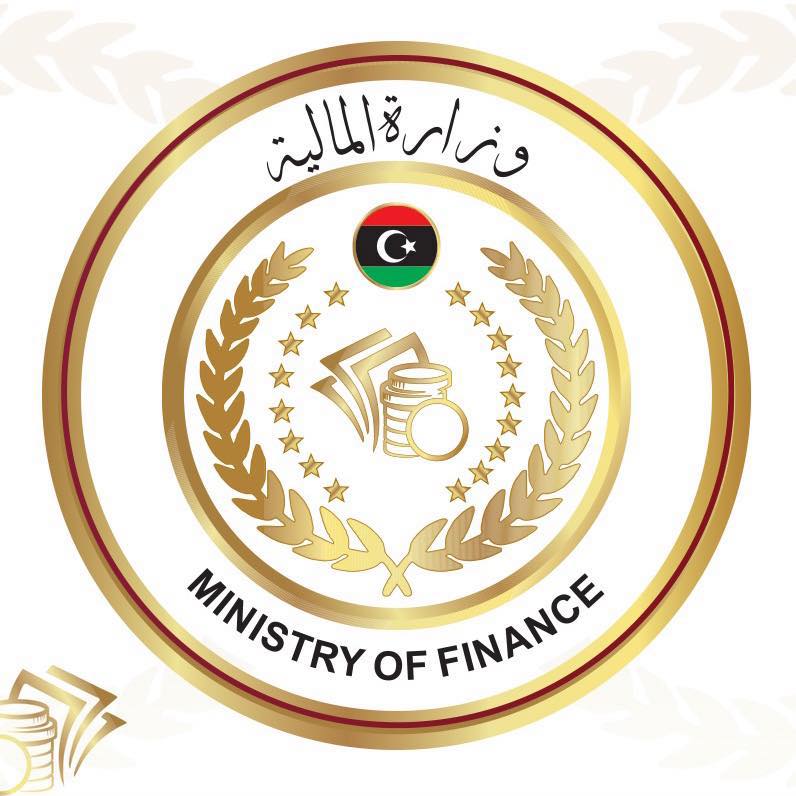The Tripoli-based Finance Ministry reported that it discussed the development of e-payments at a meeting with its department managers, the Customs Authority and the Moamalat Financial Services Company on Thursday.
The meeting discussed the requirements and mechanisms needed for developing e-payments for convenience, security, accountability and reduction of the reliance on cash.
In particular, the Ministry of Finance stated its intention to start the mechanism for the collection of tax and customs revenues through electronic payments as well as its use in disbursing of state-sector salaries.
The Ministry reported that it was agreed at the meeting to start identifying a number of e-payments points as a first phase in this project.
It is worth noting that state Moamalat Financial Services Company is owned by five Libyan banks, Jumhouria, Sahary, NCB, Wahda, Libyan Foreign Bank and the Libyan Arab Foreign Investment Company (LAFICO). It is the joint Point of Sale (POS) processing centre for these banks.
It is also worth remembering that the Libyan political crisis had led to a loss of confidence by the general public in the Libyan economy which led to many Libyans hoarding their cash rather than depositing it in local banks.
This precipitated a cash crisis and forced the country to take serious steps to implement and develop a electronic financial transactions system including e-payments and mobile e-payments. It meant that there was an explosion in the use of debit cards and POS machines.
However, over the last three years Libya’s private banking sector, which is still miniature in comparison to the state banking sector in terms of cash deposits and bank capitalization, has overtaken the slumbering and bureaucratic state banking sector in terms of e-payments, including POS transactions and machines.















